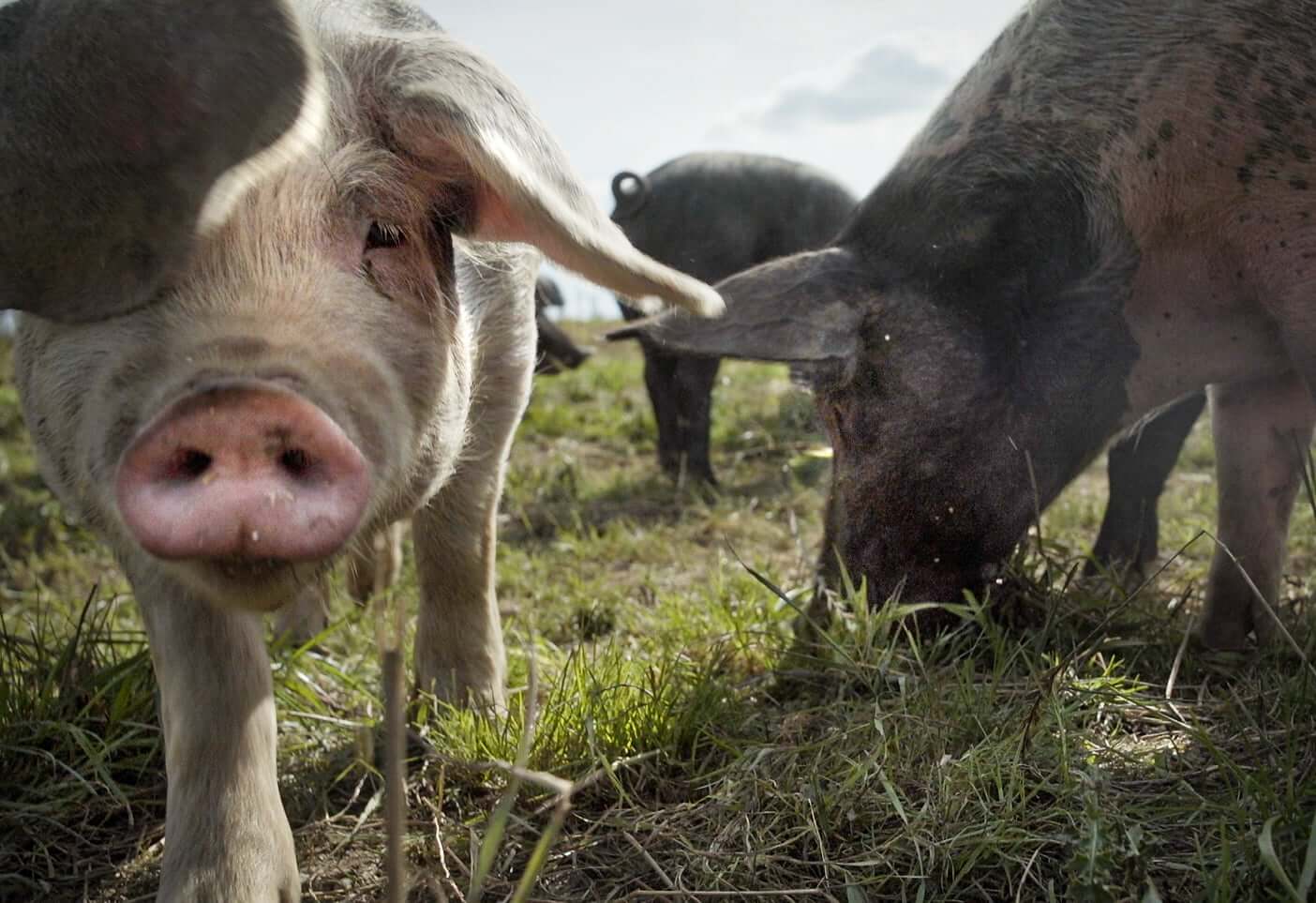There is a disconnect between a national frenzy for tree planting and the aftercare that is needed to create a genuinely sustainable wood that will reach its full potential.
That’s the message behind a new film made by Wicked Leeks, which highlights how woods and forests can become thriving community hubs supporting multiple sectors, including food production and timber.
In contrast, many trees are planted with no long-term plan for their upkeep, use or integration with other land uses, meaning they are unlikely to survive and the carbon and nature potential they hold is unlikely to be fulfilled.
Speaking to Wicked Leeks, founder of The Woodland Presents, a Community Interest Company based in Devon, Al Tempest said: “Forestry itself gets bandied as an afterthought; in terms of funding and policy, it’s kind of agriculture’s ugly sister.
“What needs to happen is much more of an integration with forestry and woodland management, with agroforestry and land management generally. In terms of food production, it’s essential that we start working with farmers and people who are exploring the boundaries between growing trees for timber and for food.”
Watch the film here.
How to connect with sustainable woodlands in your area:
Not all woodlands are managed in the same way – some are community-owned or run by volunteers, others like The Woodland Presents, in Devon, are run as not-for-profit Community Interest Companies. Depending on where you live, explore the woodlands that are close to you; who works them, what is their vision, and how can you get involved.
England:
England has ten ‘community forests’, which work as networks of trees and woods to link urban environments with the wider landscape, combat climate change and preserve places for nature. Find your nearest using the map of community forests and get in touch for volunteer opportunities.
Scotland:
There are around 200 community woodland groups in Scotland, from the Highlands to the heart of major cities; collectively they own and manage forest ranging from ancient semi-native woodlands to recent regeneration on urban brownfield sites. Often managed by volunteers, communities around them are increasingly seeing these woods as an important part of their cultural heritage. Explore the map of Scotland’s community woods here.
Wales:
Coed Nant Gain is a natural forestry project in North Wales, that aims to revive woodland culture in the 21st century. Guided tours are done by Iliff Simey who hopes to reinspire people in forestry and reconnect them with this ancient craft.
National:
The Landworkers’ Alliance is the union for small farmers, foresters and landworkers fighting for social and environmental justice, and holding a place at the table of often much bigger corporate industries. Join them as a member, consider donating or just peruse their website for a wealth of empowering stories of people working the land and forests with care and passion.
The Woodland Trust has a rich list of activities, woodlands to visit and tree planting projects on its website.
Use craft to connect with woodlands and forestry:
Learn new skills such as basket making or working with wood in different ways by taking a course with a traditional woodland craftsman like Kirby Woodworks in the South West.
While the team behind the pioneering green forestry project Cherry Wood are on sabbatical, you can still take traditional wood carving courses while staying at their eco village in Wiltshire, near Bath.
Use your wallet to support sustainable woodlands:
Buy sustainable wood from small-scale mills working local forests with sustainable techniques, such as Sawmills in Devon’s Teign Valley.
Explore agro forestry:
Growing trees among other crops is a fascinating and largely untapped way of resilient food production. From nuts in Devon, to apples in Cambridgeshire, farmers are finding new ways to make use of marginal land and combine forestry with food.








0 Comments